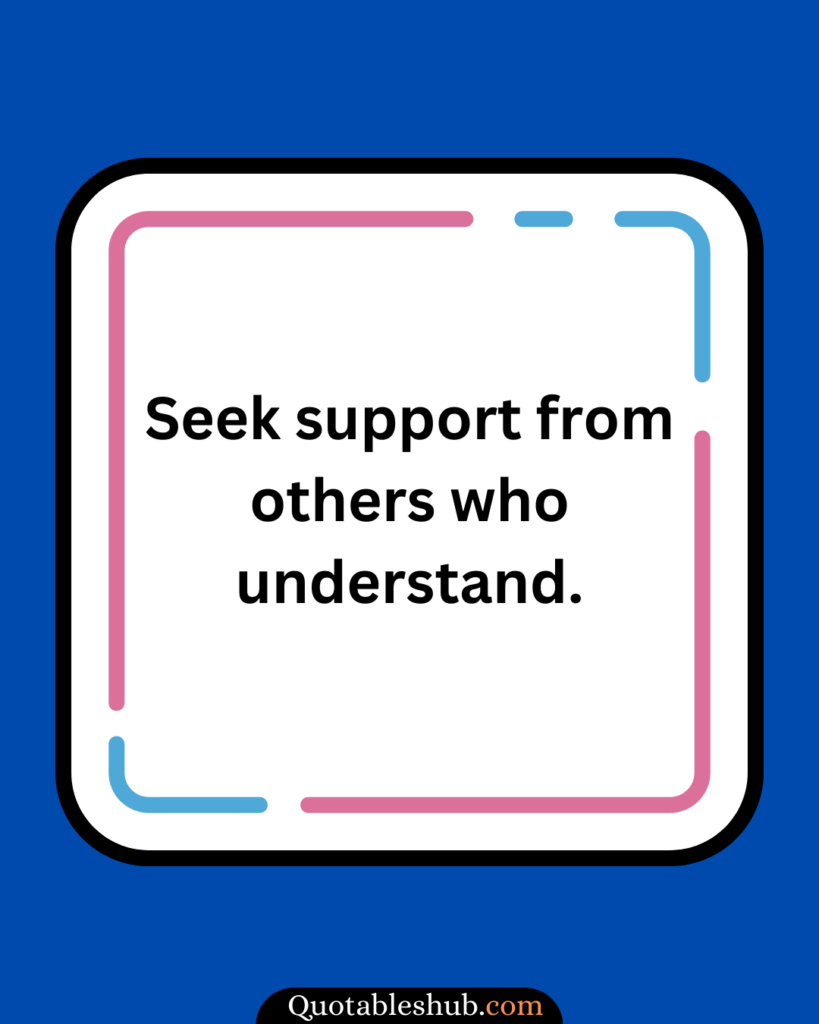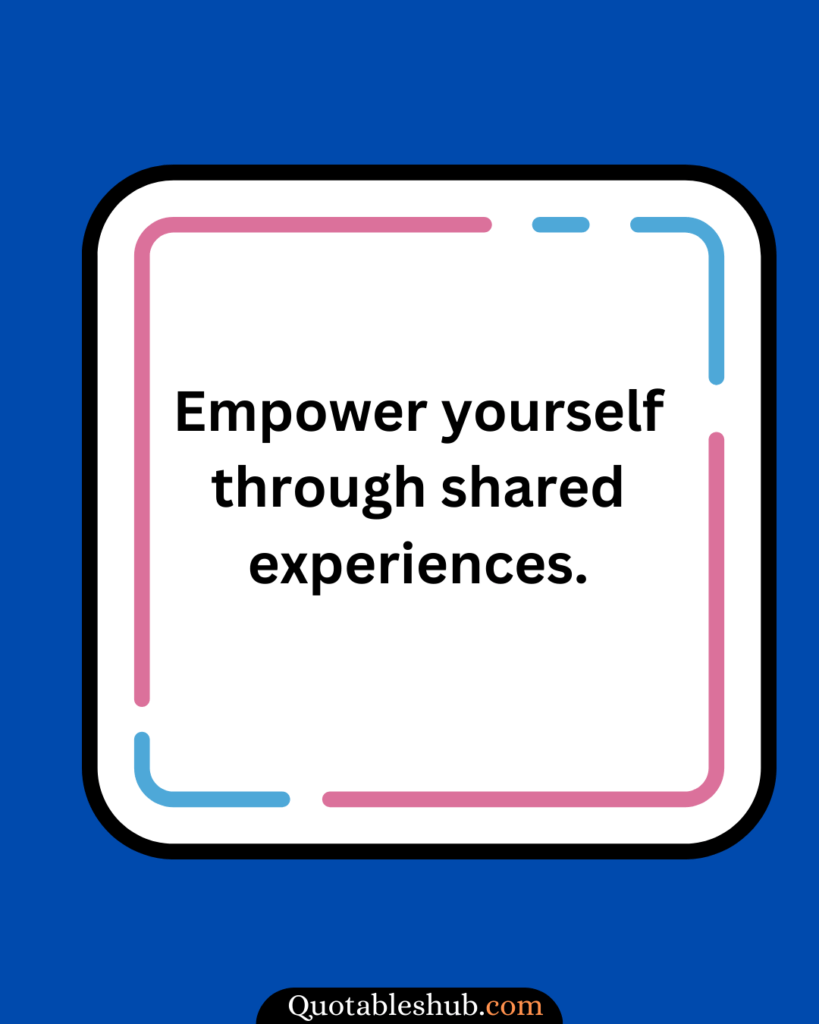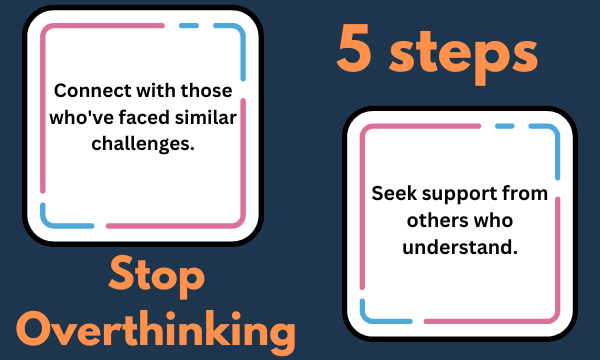How to Stop Overthinking After Being Cheated On
Introduction
Discovering that you’ve been cheated on can be one of the most devastating experiences in a relationship. It can lead to a whirlwind of emotions and thoughts, often resulting in overthinking. Overthinking after being cheated on can consume your mind, affecting your mental and emotional well-being. However, it’s essential to understand that it’s possible to overcome this challenge and find peace within yourself.
Understanding Overthinking
What is Overthinking?
Overthinking is the process of dwelling on negative thoughts or scenarios, often replaying them in your mind repeatedly. It can lead to heightened anxiety and stress, making it difficult to focus on anything else.
Causes of Overthinking
Overthinking can stem from various factors, including insecurity, fear of betrayal, or past traumas. When faced with the pain of being cheated on, these underlying issues can exacerbate the tendency to overthink.
Effects of Being Cheated On
Emotional Impact
Discovering infidelity can evoke intense emotions such as anger, sadness, and betrayal. These emotions can linger long after the initial discovery, fueling the overthinking cycle.
Mental Strain
Constantly replaying the events surrounding the betrayal can take a toll on your mental health. It can lead to insomnia, loss of appetite, and difficulty concentrating on daily tasks.
Challenges of Overcoming Overthinking After Being Cheated On
Trust Issues
Being cheated on can shatter your trust in others, making it challenging to open up to new relationships or even trust those closest to you.
Fear of Vulnerability
The fear of being hurt again can cause you to put up walls and avoid vulnerability, hindering your ability to heal and move forward.
Strategies to Stop Overthinking After Being Cheated On
Embrace Acceptance
Acknowledge the painful reality of being cheated on, but don’t let it define you. Acceptance is the first step towards healing.
Practice Mindfulness
Mindfulness techniques, such as deep breathing and meditation, can help ground you in the present moment and alleviate racing thoughts.
Seek Professional Help
Therapy or counseling can provide a safe space to process your emotions and develop coping strategies for managing overthinking.
Importance of Self-Care
Prioritize Self-Love
Focus on self-care activities that nurture your mind, body, and soul. Engage in hobbies you enjoy and surround yourself with positivity.
Engage in Activities that Bring Joy
Seek out activities that bring you joy and fulfillment, whether it’s spending time with loved ones, pursuing hobbies, or exploring new interests.
Building Trust Again
Communication is Key
Open and honest communication is essential for rebuilding trust in relationships. Express your concerns and fears with your partner and work together to rebuild trust.
Setting Boundaries
Establish clear boundaries to protect yourself from further hurt or betrayal. Communicate your needs and expectations with your Friends.
Forgiving and Moving Forward
Understanding Forgiveness
Forgiveness is not about excusing the other person’s actions but releasing yourself from the burden of resentment and anger.
Letting Go of Resentment
Release negative emotions by practicing forgiveness and focusing on your own healing journey. Holding onto resentment only prolongs your suffering.
Surrounding Yourself with Support
Lean on Loved Ones
Reach out to friends and family members who can provide emotional support and guidance during this challenging time.
Join Support Groups
You might find solace and strength by joining support groups or online communities where you can connect with individuals who have gone through similar challenges. Sharing your experiences in such settings can offer a sense of relief and empowerment.
Reflecting on Personal Growth
Use this experience as an opportunity for self-reflection and growth. Identify lessons learned and areas for personal development.
Turning Pain into Strength
Channel your pain into motivation for positive change. Use your experience to become more resilient and compassionate towards yourself and others.
Staying Present
Focus on the Present Moment
Practice mindfulness techniques to stay grounded in the present moment and prevent your mind from wandering into negative thought patterns.
Avoid Dwelling on the Past
While it’s essential to process your emotions, avoid getting stuck in rumination about the past. Focus on what you can control in the present.
Developing a Positive Mindset
Cultivating Gratitude
Shift your focus towards gratitude by acknowledging the blessings in your life, no matter how small. Gratitude can help reframe your perspective and cultivate a positive mindset.
Affirmations and Positive Self-Talk
Replace negative self-talk with affirmations and positive affirmations. Remind yourself of your worth and resilience in the face of adversity.
Redirecting Negative Thoughts
Cognitive Reframing Techniques
Challenge negative thoughts by reframing them in a more positive light. Replace irrational fears with rational, constructive thoughts.
Distracting Yourself with Activities
Engage in activities that occupy your mind and bring you joy, whether it’s exercising, pursuing a hobby, or spending time with loved ones.
MAIN POINTS



Also Read
How To Improve Learning Skills


Seeking Closure
Closure Through Communication
If possible, seek closure by having an honest conversation with the person who cheated on you. Express your feelings and ask any lingering questions you may have.
Closure Through Self-Reflection
If closure from the other person is not possible, find closure within yourself through self-reflection and acceptance. Focus on letting go of the past and embracing a brighter future.
Conclusion
Overthinking after being cheated on can feel overwhelming, but it’s essential to remember that healing is possible. By implementing strategies such as mindfulness, self-care, and seeking support, you can overcome overthinking and rebuild trust in yourself and others. Remember to be patient with yourself and allow yourself time to heal from the pain







